How your lifestyle impacts skin health: 5 steps to holistic skincare, beyond shopping beauty products – from diet, exercise, sleep and the water you shower with, to environmental factors like sun
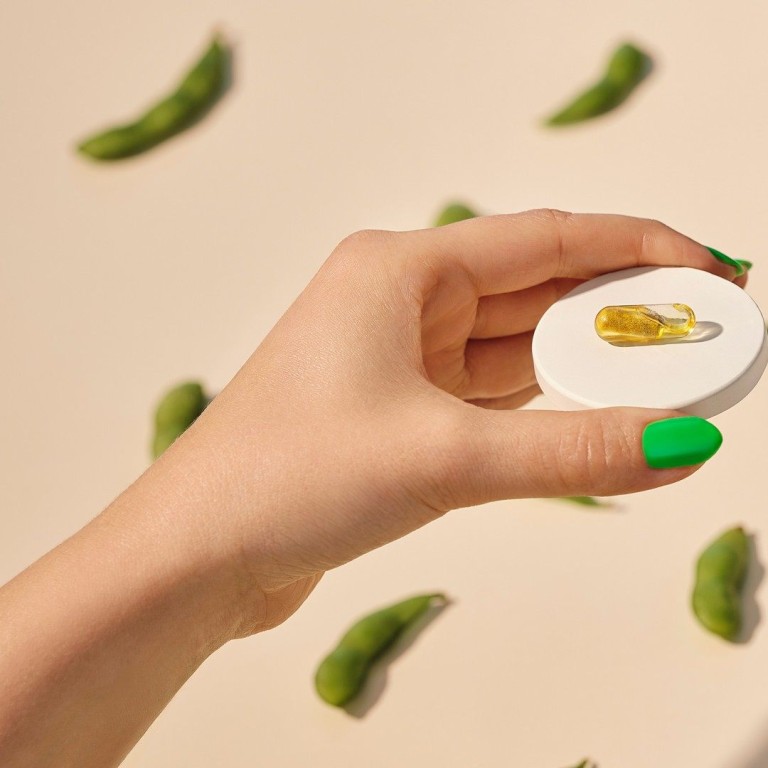
At the heart of holistic skincare is the understanding that our skin, the body’s largest organ, mirrors our internal health and lifestyle patterns. The secret to vibrant skin goes much deeper than the surface, rooted in a philosophy emphasising the connection between diet, exercise, sleep, daily habits and our overall skin condition. This view recognises that every choice we make, from the foods we consume to the environments we expose ourselves to, plays a crucial role in dictating the health and appearance of our skin.
1. Diet
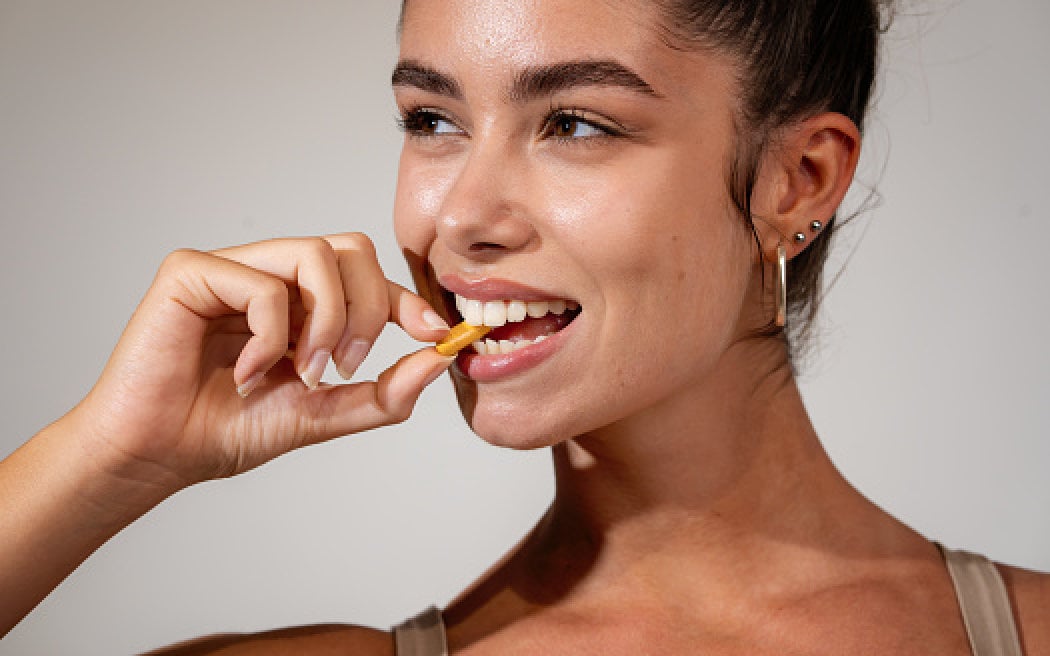
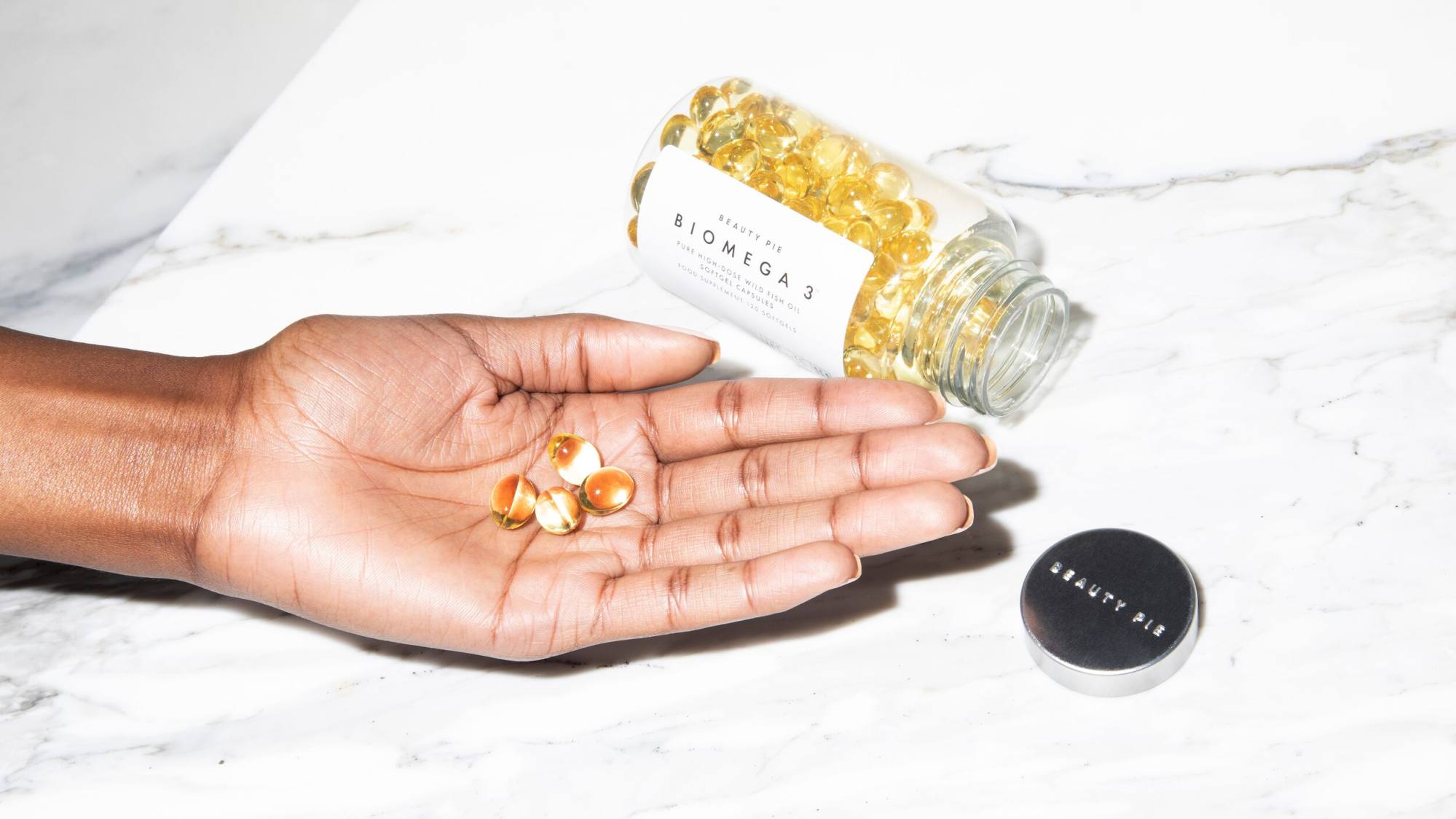
Similarly, omega-3 fatty acids, mostly found in fish like salmon and mackerel, play a key role in maintaining skin health. “Omega-3s are essential for keeping the skin thick, supple and moisturised; they also have anti-inflammatory effects that can reduce the prevalence of acne and redness, offering a smoother, more even complexion,” says aesthetician and skin therapist Keiko Negishi.
Gen Alpha beauty is on the rise – but how young is too young for a skincare routine?
On the contrary, high-glycemic foods, such as white bread, sugary drinks and other refined carbohydrates, can trigger a cascade of hormonal changes, leading to increased sebum production and acne breakouts.
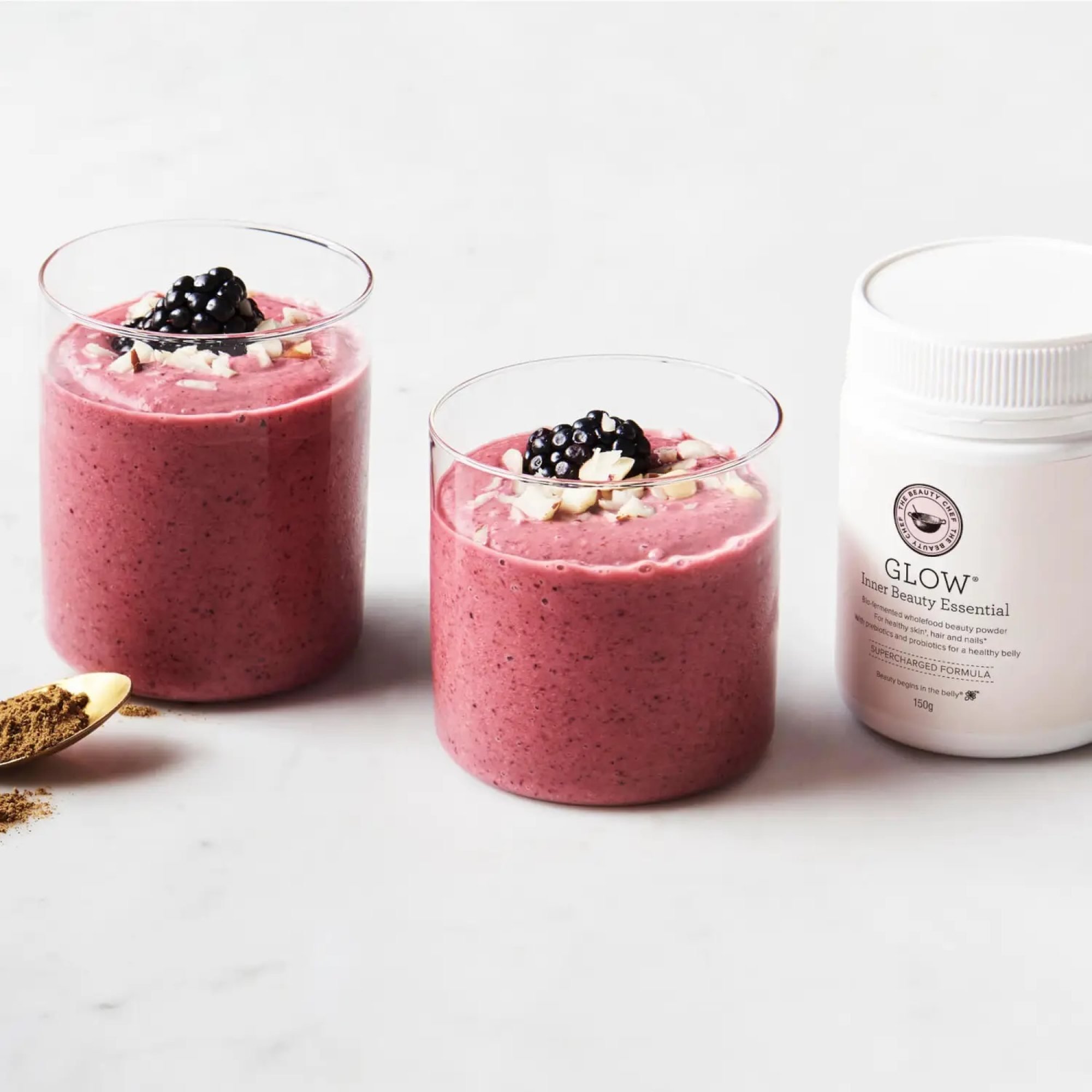
2. Water quality
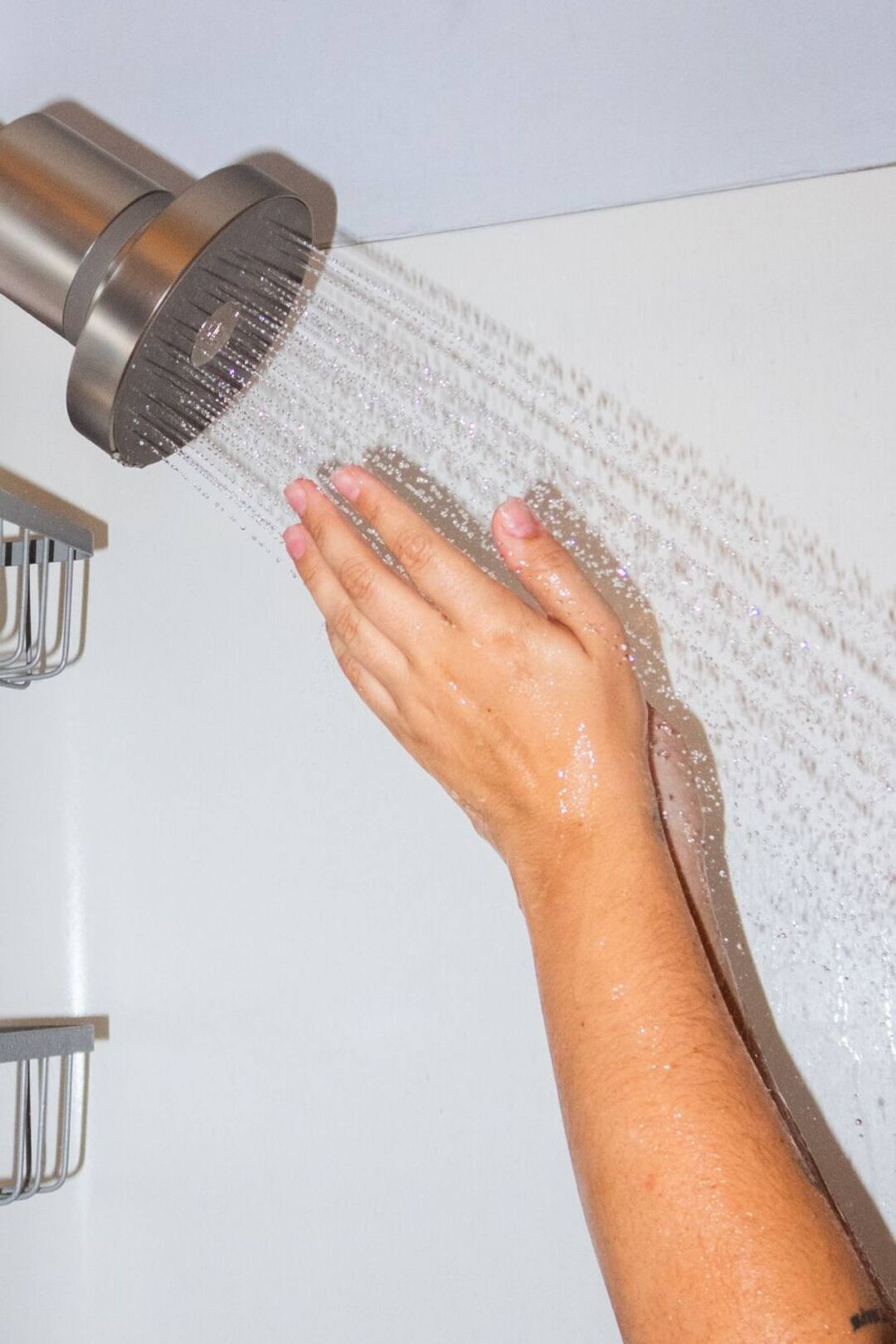
The quality of water we bathe and cleanse our skin with plays a subtle yet significant role in determining skin health. Charlotte Morse from Jolie Skin Co. explains that some common contaminants in water lead to a wide range of skin and hair issues. “We chlorinate our water across nearly every water system to disinfect and kill bacteria such as e.coli, but that chlorine doesn’t need to be there when we shower,” she explains.
While most people may think chlorine is only a problem after a pool day, the chlorine content in our daily water is also something to watch. “Chlorine, along with other contaminants, strips out the natural oils in our hair and skin, leaving them damaged, dry and irritated. [It also] breaks down the amino acids in our hair, depleting the hair’s natural strength, and can irritate our skin and potentially lead to eczema, itchiness, hives and rashes,” Morse says. What’s more, it can dissolve hair lipids and speed up the loss of collagen as heavy metals cause free radicals to form.
The make-up free movement is more than a moment
Filtered shower heads like those developed by Jolie Skin Co. help to keep your skin happy, healthy and strong, minimising the risk of irritation and preserving the skin’s natural oils.
3. Exercise

On a full-body level, exercise is vital for nourishing the skin with oxygen and nutrients. “This increased blood flow rejuvenates the skin, while the elevated sweating rate helps in the removal of toxins,” Negishi says. This detoxification is a must for clearing the pores of impurities, reducing the likelihood of acne outbreaks, and contributing to the overall clarity and quality of the skin.
4. Sleep

This nightly ritual of repair and regeneration is crucial for maintaining a youthful, resilient complexion, as it helps to smooth fine lines, improve texture and restore the skin’s natural barrier function.
What is the Mediterranean diet – and which celebrities love it?
5. Environmental factors

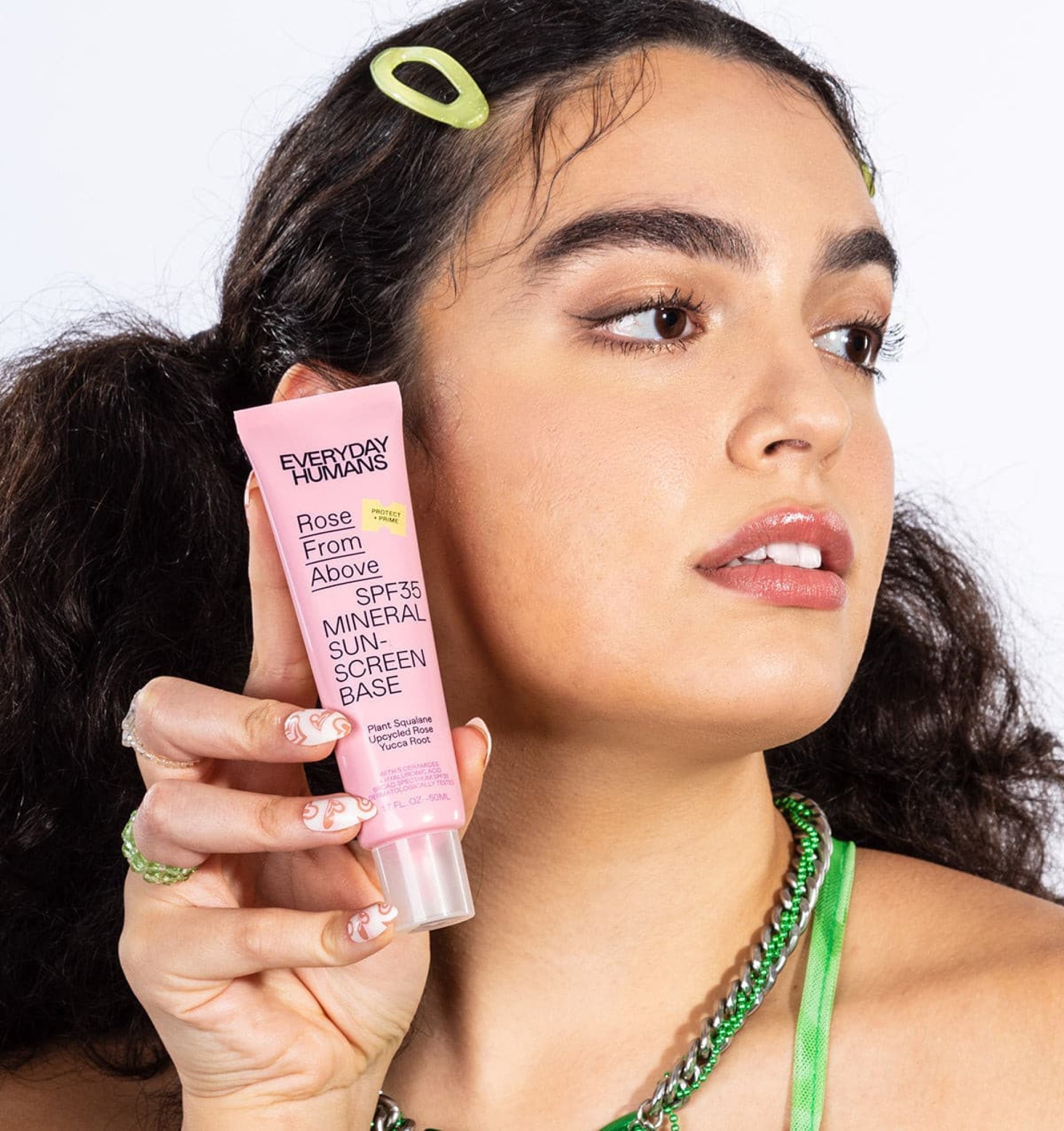
In parallel, pollution – a cocktail of smoke, particulates and chemical pollutants – exacerbates skin ageing and can trigger inflammatory skin conditions. Pollutants generate free radicals, unstable molecules that damage the skin by stealing electrons from healthy cells, leading to oxidative stress. This not only accelerates the ageing process but also weakens the skin’s barrier function, making it more susceptible to irritants and allergens.

- Omega-3 fatty acids can keep our skin supple, says therapist Keiko Negishi – while white bread, sugary drinks and other refined carbohydrates can trigger hormonal breakouts
- Water also plays an important role – not just what we drink, but also what we cleanse ourselves with, and shower filters can get rid of chlorine that makes our skin dry